Iliotibial Band Syndrome
Iliotibial band syndrome presents as pain on the outer side of the knee secondary to inflammation. The iliotibial band is formed by a layer of connective tissue on the outside of the thigh. It connects a muscle near the outer side of your hip to the outer side of your upper shin bone in your leg below the knee.
(article continues below the video)
(continued article text)
Origin
Iliotibial band syndrome occurs when the iliotibial band gets irritated from rubbing over an elevation of the thigh bone near the knee. Running is a common cause.
Contributing Factors
Tight iliotibial band
Tight muscles in your hip, pelvis, or leg
Leg length differences
Running on uneven ground as well as up or down hill
Running in shoes with worn heals on the outside
Symptoms
Pain is present on the outer side of the knee.
Diagnosis
Your healthcare provider will perform a history and physical examination.
Treatment
Apply wrapped ice every 4 hours for thirty minutes at a time for forty-eight hours.
Take an anti-inflammatory medicine, such as ibuprofen, as directed by your healthcare practitioner. Nonsteroidal anti-inflammatory medicines (NSAIDs), such as Aleve, Advil, Ibuprofen, Motrin, Mobic, Naprosyn, etc. may cause gastric ulcers, gastritis, kidney problems and other problems. Read the label and take as directed. Unless recommended by your healthcare practitioner, do not take for more than seven days.
Your health care provider may perform an injection with a low dose steroid medicine.
Life Style Changes
You must cease the activities that cause pain until the iliotibial band symptoms resolve. For example, ride a bicycle instead of running.
Follow your provider’s instructions for doing exercises to assist in your recovery and continue them after your symptoms resolve as a preventive measure.
In general, the longer you have symptoms before you start treatment, the longer it will take to get better. If you return to normal activities too soon, you may aggravate your injury.
Prevention
Warming up properly and stretching before sports or other physical activities is recommended as these are important preventive measures. Other preventive measures include maintaining a healthy weight, avoiding overtraining and using proper posture.
Tania Faruque MD is the medical director of Palomar Spine & Pain, in Escondido, CA (North San Diego County).
